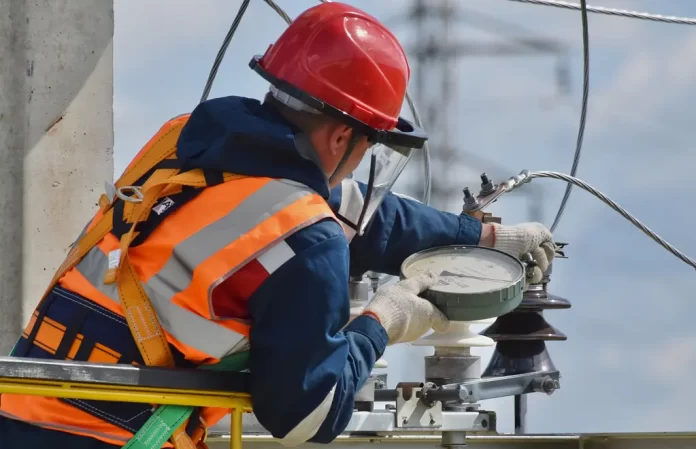Electrical services are essential for both residential and commercial properties, ensuring that electrical systems function efficiently and safely. However, when it comes to hiring an electrician, there is a crucial distinction between licensed and unlicensed professionals. Understanding this difference is paramount for ensuring the safety and reliability of electrical work in any setting.
Licensed Electricians: The Gold Standard
Licensed electricians undergo rigorous training and certification processes to obtain their credentials. They typically complete formal education programs, apprenticeships, and pass licensing exams administered by regulatory authorities. These individuals are well-versed in local building codes, safety standards, and industry best practices.
Qualifications of Licensed Electricians
- Formal Training: Licensed electricians often complete formal education programs at technical schools or community colleges, where they learn the fundamentals of electrical theory, wiring techniques, and safety protocols.
- Apprenticeships: Many aspiring electricians participate in apprenticeship programs under experienced professionals. This hands-on training allows them to gain practical skills and knowledge while working on real-world projects.
- Licensing Exams: To become licensed, electricians must pass rigorous exams that assess their understanding of electrical concepts, safety regulations, and local building codes.
Benefits of Hiring Licensed Electricians
- Expertise: Licensed electricians possess in-depth knowledge and expertise in their field, ensuring that electrical projects are completed accurately and safely.
- Compliance: They adhere to local regulations and building codes, minimizing the risk of code violations and ensuring that installations meet legal requirements.
- Safety: Licensed electricians prioritize safety in their work, reducing the likelihood of electrical hazards, fires, and other safety issues.
Unlicensed Electricians: Risks and Concerns
In contrast, unlicensed electricians lack the formal training, certification, and oversight that licensed professionals receive. While some may have practical experience, they often operate without proper authorization and may not adhere to industry standards and safety protocols.
Risks Associated with Unlicensed Electricians
- Safety Hazards: Unlicensed electricians may lack knowledge of safety protocols and proper wiring techniques, increasing the risk of electrical fires, shocks, and other hazards.
- Legal Issues: Hiring unlicensed electricians can expose property owners to legal liabilities and financial consequences in the event of accidents or code violations.
- Quality Concerns: The quality of work performed by unlicensed electricians may be subpar, leading to unreliable installations, frequent repairs, and increased long-term costs.
Making Informed Choices
When seeking Reliable electrical services, it is essential to prioritize safety, quality, and compliance. By hiring licensed electricians, property owners can mitigate risks and ensure the reliability and safety of their electrical systems. Additionally, verifying licenses, certifications, and credentials can help distinguish reputable professionals from unlicensed practitioners.
Conclusion
In conclusion, the difference between licensed and unlicensed electrical services is significant in terms of expertise, safety, and regulatory compliance. Licensed electricians undergo extensive training and certification processes, providing assurance of their qualifications and adherence to industry standards. Conversely, unlicensed electricians pose risks to safety, legality, and quality of workmanship. Property owners must prioritize hiring licensed professionals to safeguard their investments and ensure the integrity of their electrical systems.



